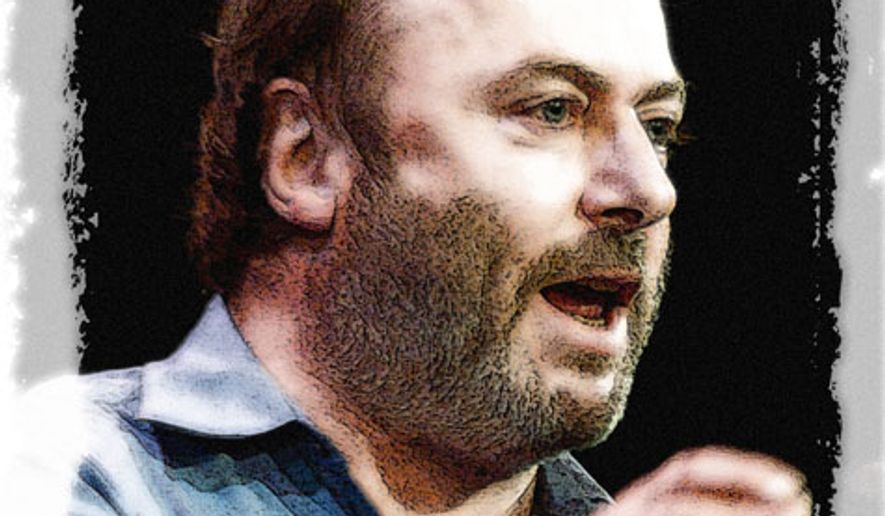I am reading through a wonderful new book, The Faith of Christopher Hitchens: The Restless Soul of the World’s Most Notorious Atheist, by Larry Alex Taunton (Thomas Nelson, 2016: $24.99).
Before Hitchens’ death in 2011, the famous atheist and provocateur developed a friendship with Taunton, an evangelical author and apologist. The two men held public debates on topics related to religion and Christianity, and outsiders might have assumed the pair had little in common on which to build a friendship.
That assumption would have been proven to be false. Taunton’s book tells that story, crafting delightful prose full of intimate anecdotal material on the subject of his spiritually-driven-friendship with Hitchens. Taunton puts the reader into his own shoes, serving as the road trip companion of Hitchens—miles spent studying through the Gospel of John together, or holding private debates about matters of eternity.
I highly recommend the book.
I had a hard time deciding on just one excerpt to include here. The one I chose does not encapsulate or epitomize the book, so my apologies in advance if you would rather have that one perfect selection to help you decide whether or not to purchase the book.
That said, I think the following excerpt does a fantastic job of explaining the relationship between Hitchens’ atheism and the socialism of his youth.
Taunton wrote:
Hitchens refers to the spell-binding effect that socialism had on generations of naive youth, and of no generation was this truer than that of the 1960s. Mesmerized by the idea of putting out the fire that neither they nor Billy Joel started, “scientific socialism” offered them the (undeliverable) promise of peace, bread, and land for everyone, and Christopher’s generation was certain it would usher in this new utopian era.
Christopher’s attraction to socialism was not coincidental. Not only does socialism require a wholly unjustified confidence in human government, but also it begins with a premise that is antithetical to Christianity: that there is no God. Fyodor Dostoevsky observed this connection between atheism and socialism long ago: “Socialism is not merely the labor question, it is before all things the atheistic question, the question of the form taken by atheism to-day, the question of the tower of Babel built without God, not to mount to heaven from earth, but to set up heaven on earth.”
In other words, socialism is much more than an economic or political question. It is a spiritual question if only because it denies the very existence of the spiritual. Hence, socialism’s whole trajectory hits wide of the intended mark. And how could it do otherwise? In the biblical worldview, the state is a temporal institution meant to serve man, an eternal being. In the socialist model, this is reversed: man, a temporal being, serves the eternal state. To put it more succinctly, socialism is atheism masquerading as political philosophy.




Please read our comment policy before commenting.